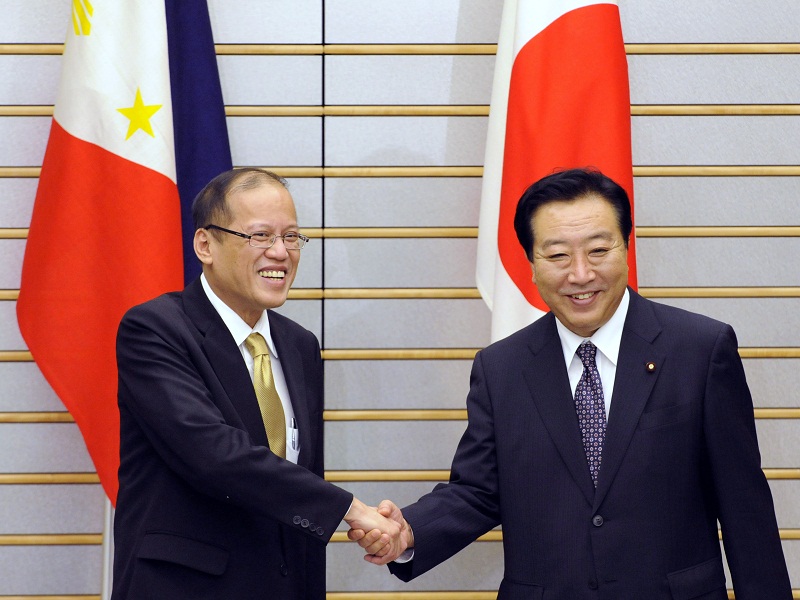
During a meeting Thursday by officials from both countries under the Japan-Philippines Economic Partnership Agreement framework, "Both countries noted the continued and renewed interest shown by Japanese investors in the Philippines as proven by a series of recent investments by Japanese companies," a joint statement released Friday by the embassy said.
"Both sides welcomed the recent flow of new investments from Japan as an affirmation that the Philippine economy is showing a remarkable performance and proving its competitiveness as an investment destination."
The statement also said that Japan's 69 billion peso investment in the Philippines last year has made it the second-largest investor in the country after the Netherlands, which pumped 104.32 billion pesos into the economy.
Japan's investment last year was, however, down from the 78.32 billion pesos invested in 2011, but higher than the 58.3 billion pesos it invested in 2010.
Akio Isomata, the embassy's minister for economic affairs, said he does not know the reason for the drop of Japanese investment in 2012, but believes it is not related to the earthquake and tsunami on March 11, 2011, that shattered Japan.
"Usually, we don't see the volume of investment for a certain year as either a good or bad sign for that specific year. We look at the trend over several years because it really fluctuates. The trend is Japan is either the biggest or second-biggest investor in the Philippines," Isomata told Kyodo News.
The statement also disclosed that trade volume between the two countries increased in 2012 as Japan served as the largest importer of Philippine products with a value of $9.88 billion, up from $8.9 billion in 2011.
The Philippines' imports from Japan, however, edged down to $6.45 billion in 2012 from $6.52 billion in 2011.
"Both sides noted that the recent figures related to trade and investment had been very encouraging, despite economic difficulties around the world," the statement said.
During the meeting, the two countries discussed "tax-related issues, rationalization of investment incentive schemes, affordable and sustainable supply of electricity, utilization of Batangas and Subic ports (on the main island of Luzon) and other issues related to the improvement of business relations," it said.
Japan also "acknowledged notable measures taken by the Philippine side to make progress in the country's investment climate," it said. Such measures include passage of an act that rationalizes the taxes paid by international carriers in the country.
Setting another meeting in September this year, the two parties agreed to continue holding dialogue with members of the business community to increase investments in the Philippines, and to address issues faced by Philippine companies operating in or exporting to Japan.
"The dialogues aim for steady and concrete progress on the resolution of specific issues in order to ensure that a transparent, predictable, and consistent business environment is created," the statement said.
The Japan-Philippines Economic Partnership Agreement on bilateral investment and free trade came into force in December 2008.-ABS-CBN News (April 13, 2013)

No comments:
Post a Comment